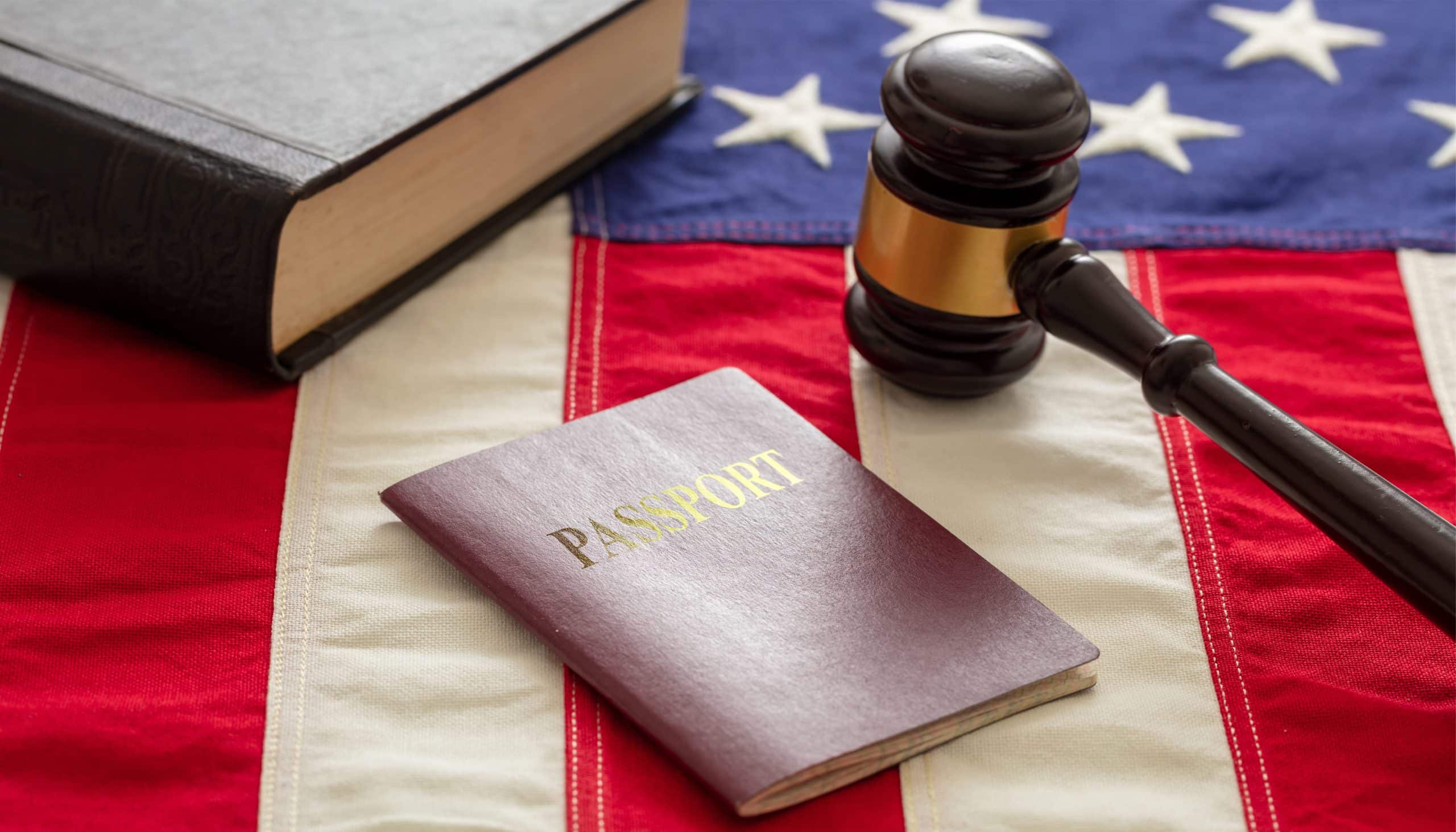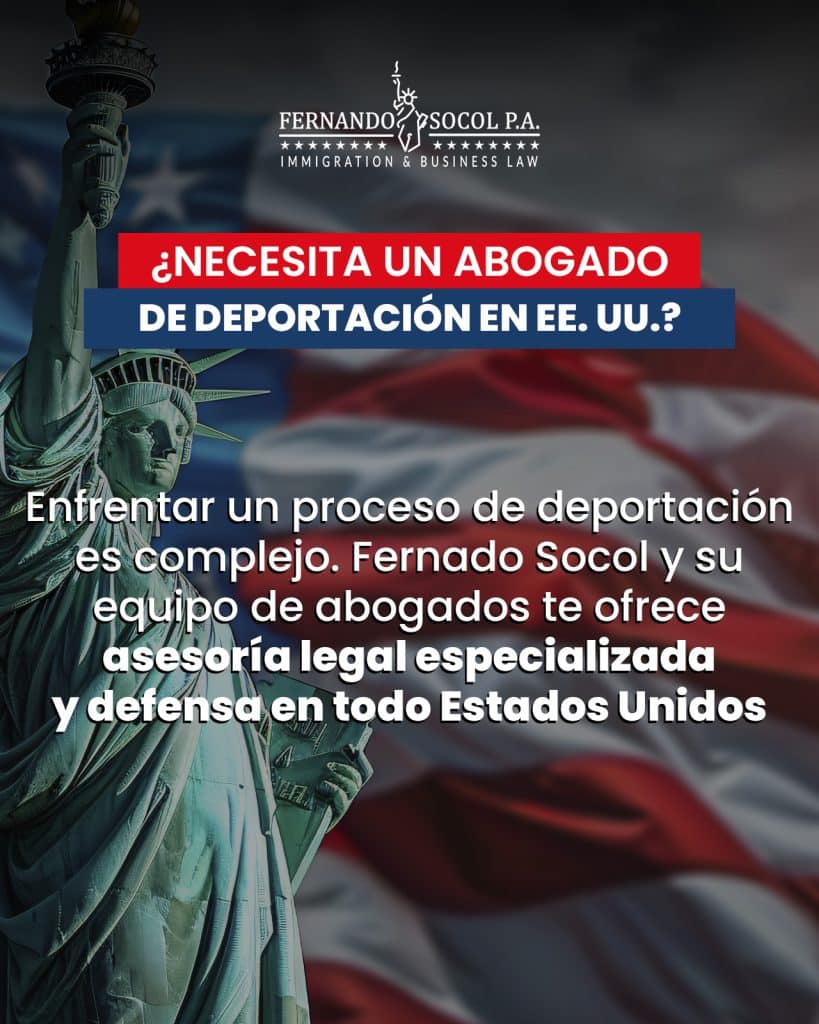DHS Final Rule for Startup Founders
The Department of Homeland Security (DHS) published a final rule to enhance the ability of certain startup founders to grow their businesses in the United States, with the goal of fostering economic growth through increased innovation, capital investment, and job creation. DHS released this final rule just three days before the start of the Trump administration.
Under the rule, DHS may use its “parole” authority to grant authorized stay on a case-by-case basis to foreign entrepreneurs who demonstrate that their stay in the U.S. would provide a significant public benefit through the potential for rapid business growth and job creation. The rule took effect on July 17, 2017.
Eligibility and Duration
Eligibility may be granted to up to three entrepreneurs per startup entity, as well as their spouses and children. Entrepreneurs granted parole may only work for their startup. Spouses may apply for U.S. work authorization, but minor children are not eligible to work.
Parole may be granted for an initial period of up to 30 months, with a possible extension of up to another 30 months, if specific criteria are met. The maximum total stay is five years for the same startup entity.
How to Qualify for Entrepreneur Parole
- The entrepreneur must have a substantial ownership interest (at least 10% at initial parole and 5% at re-parole) in a U.S. startup formed within the past five years that has significant potential for growth and job creation.
- The entrepreneur must play a central and active role in the startup’s operations, positioning them to substantially assist in the business’s growth and success.
Demonstrating Public Benefit
The entrepreneur can show public benefit through one of the following:
- The startup received a significant capital investment from qualified U.S. investors with a proven record of successful investments.
- The startup received significant awards or grants from federal, state, or local government entities that regularly provide such support to startups.
- Alternative criteria: Partial fulfillment of the above, plus other reliable and compelling evidence of the startup’s substantial potential for rapid growth and job creation.
Definitions
Qualified Investment: Must not come directly or indirectly from the entrepreneur or their immediate family members, or any entity they own or control.
Qualified Investor: A U.S. citizen or lawful permanent resident (or qualifying entity) with a record of making substantial investments in startups that result in significant revenue or job creation. Within the past 5 years, such investors must have:
- Invested at least $600,000 in startups through standard investment instruments.
- Helped at least 2 startups each create 5 U.S. jobs or generate $500,000 in revenue with 20% average annual growth.
Initial Parole Application
Within 18 months of filing, the startup must have either:
- Received at least $250,000 in qualified investments; or
- Received at least $100,000 in qualified government grants or awards.
Re-Parole Application
To qualify for re-parole, the entrepreneur must still be active in the startup, which must have:
- Received at least $500,000 in total qualified investments or grants; or
- Created at least 5 qualified U.S. jobs; or
- Generated $500,000 in U.S. revenue with an average annual growth rate of 20%.
Alternatively, partial fulfillment of these may be acceptable with compelling evidence of growth and job creation potential.
Maintaining Entrepreneur Parole
Entrepreneurs must maintain income exceeding 400% of the federal poverty line for their household size. They must also report any material changes to USCIS, including:
- Changes in startup ownership or control.
- Loss of qualified ownership or active role in the startup.
- Major asset sales or business closure.
- Bankruptcy filings.
- Criminal charges, convictions, or relevant legal actions involving the entrepreneur or startup.
DHS estimates that 2,940 entrepreneurs will be eligible under this rule each year.
We will continue to provide updates on this topic.

